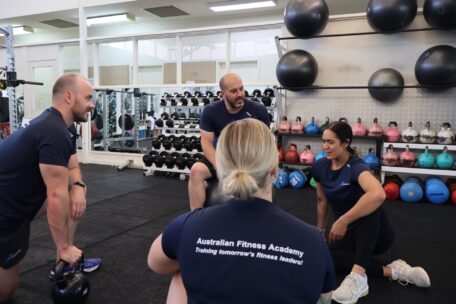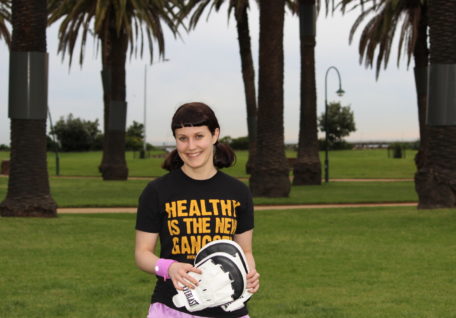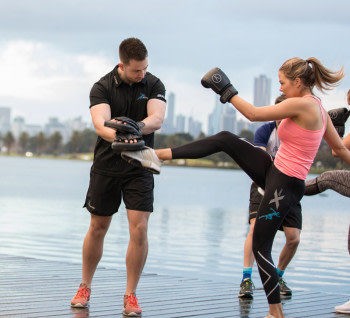Here’s 5 free and simple ways to become a better Personal Trainer. Easy & simple advice for PTs…

- Be curious! When you see someone doing something strange in the gym, rather than dismiss it outright, first try to figure out whether there might be a good reason why they’re doing it that way. It may be part of a sport you’re not familiar with – for example, people who compete in strongman type events practice a lift called the continental clean, which to the unfamiliar eye might look like dangerously incorrect form, but actually makes a lot of sense in the context in which it is intended – or a way of doing an exercise to target a particular part of the movement, or a way to modify the exercise to work around a disability or something else entirely. Of course it’s possible that it’s just a poor movement pattern, but by being open minded it’s more likely that you will expand your knowledge base, exercise bank or understanding of something new.
- Stay up to date with news and pop culture. Yep, browsing your favourite accounts can be good for business. Why? It gives you something easy to chat about with clients and potential clients and can help build rapport or improve the flow of sessions with longer rest breaks or lower intensities.
- Try to learn a new skill that you know you’ll find challenging. Sometimes as trainers we forget what it was like to first learn how to squat or perform a new movement. Going through the struggles, frustrations and wins again with something new can help you better empathise with clients who are new to exercise or learning corrected movement patterns.
- Build a mental library of coaching cues. There are endless exercise instructional videos on YouTube, and while not all of them are of fantastic quality (or accuracy), they can be helpful for learning different ways of saying the same thing. Your favourite way to explain how to find a neutral spine position might not work on everyone you work with. Luckily, there are hundreds of other coaching cues or metaphors you could use – borrow some that you like and save them for communication emergencies.
- Make friends with other trainers! Having other brains to pick about challenges and people to share information with can help you identify areas for learning and increase your knowledge, plus having good community support can help keep you positive both on and off the job – and can really enrich your life and professional practice.










